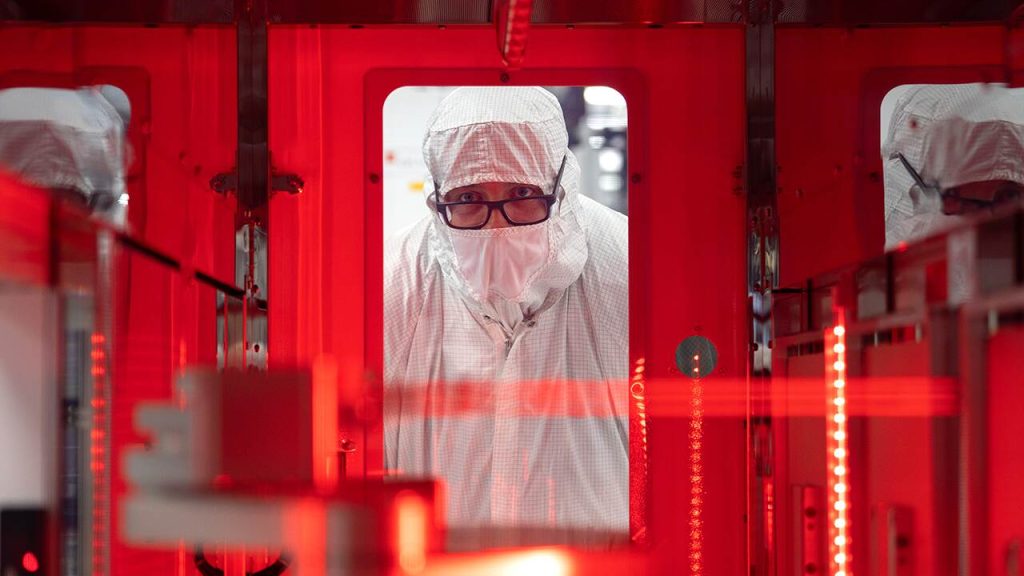Texas Instruments (TI), one of the largest foundational semiconductor manufacturing companies in the U.S, has announced a significant investment of over $60 billion in expanding its U.S semiconductor manufacturing capabilities. This move will fund the construction of seven semiconductor fabrication plants across Texas and Utah, creating more than 60,000 jobs.
The main motivation behind TI’s investment is to enhance its capacity to produce analog and embedded processing chips, which are essential components in a wide array of electronic systems.
By establishing dependable, low-cost 300mm capacity at scale, the Dallas-based company aims to meet the growing demands of its diverse customer base, which includes industry giants such as Apple, Ford, Medtronic, Nvidia, and SpaceX. These chips are vital for the next wave of technological innovation across various sectors.
This announcement follows similar pledges from other major companies like General Motors, Apple, Oracle, OpenAI, and SoftBank to expand their US-based operations.
The effort to recover US manufacturing has been a central theme of the Trump presidency, with policies such as tariffs and incentives aimed at encouraging companies to onshore production and reduce reliance on foreign manufacturing. In addition, the administration’s focus also includes maintaining a competitive edge over China in the technology field.
While some companies, like Apple or TSMC, had already begun expanding their US presence before Trump’s second term, challenges remain in fully realizing domestic production of complex electronics like smartphones, especially in securing the necessary components and labor skills.
TI’s expansion efforts have already been underway at several locations. In Sherman, Texas, the first fab of the project, known as SM1, is planned to begin production this year. Furthermore, the exterior shell of SM2 has been completed, and plans are in place for the construction of SM3 and SM4.
In Richardson, Texas, RFAB2 is coming to full production, complementing the existing RFAB1, a 300mm analog fab that has been operational since 2011.
In addition, the company is also focused on scaling up LFAB1, its 300mm wafer fab in Lehi, Utah, while simultaneously constructing LFAB2.
TI stated this investment as the “largest investment in foundational semiconductor manufacturing in US history,” and it aligns with the White House’s broader initiative to strengthen the United States’ position in the technology sector and promote American manufacturing.
Image & article source: Texas Instruments


